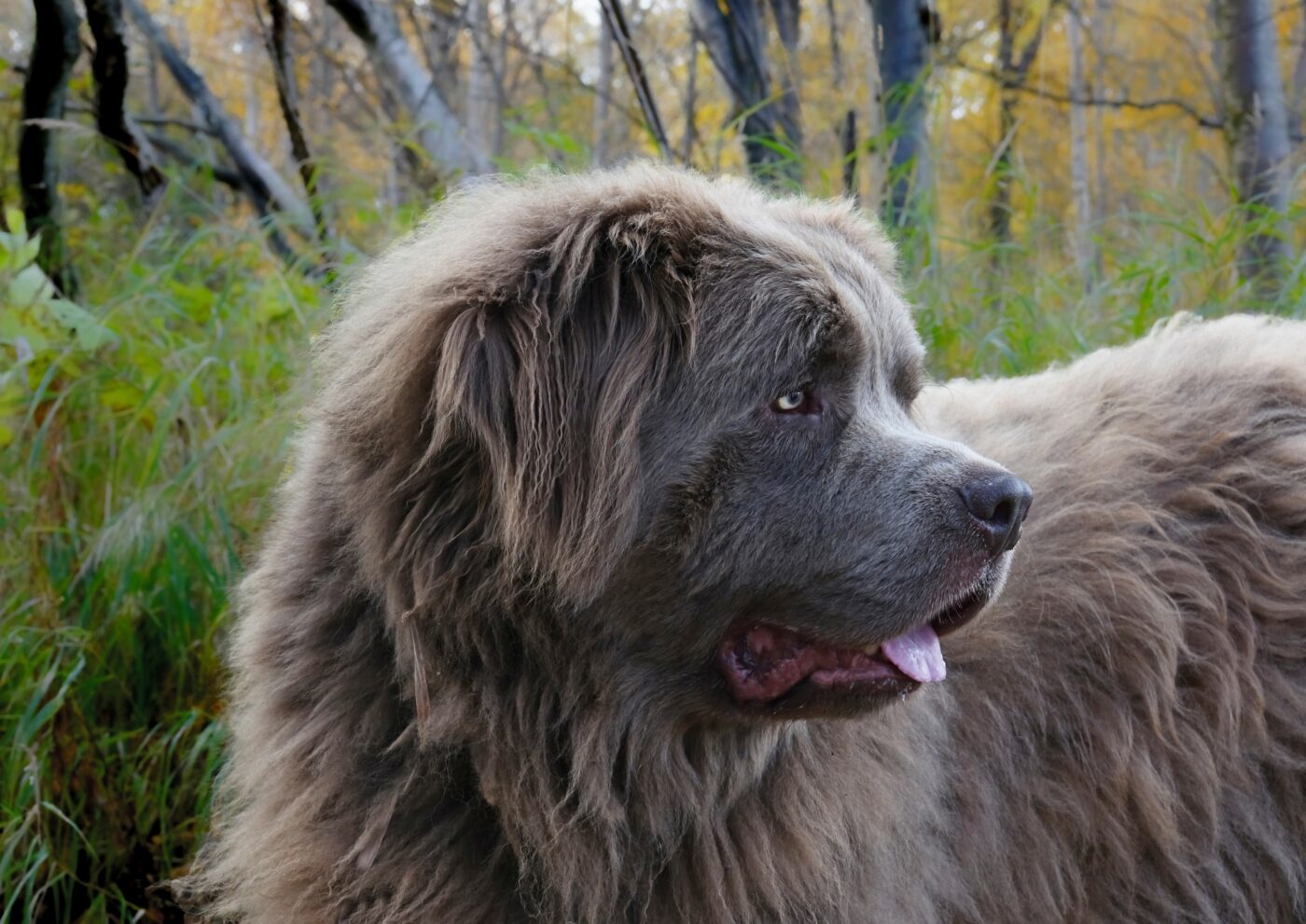 Shutterstock
Shutterstock
Dogs offer more than just companionship to people with disabilities; they provide emotional support and practical assistance, making them exceptional partners for the differently abled. Certain breeds are particularly well-suited for this role due to their temperament, intelligence, trainability, and natural instincts to help. These dogs can be life-changing companions, offering mobility assistance, alerting to sounds, or providing emotional support. Their ability to sense and respond to their handler’s needs makes them invaluable, enhancing the quality of life for those who depend on them.
Labrador Retriever
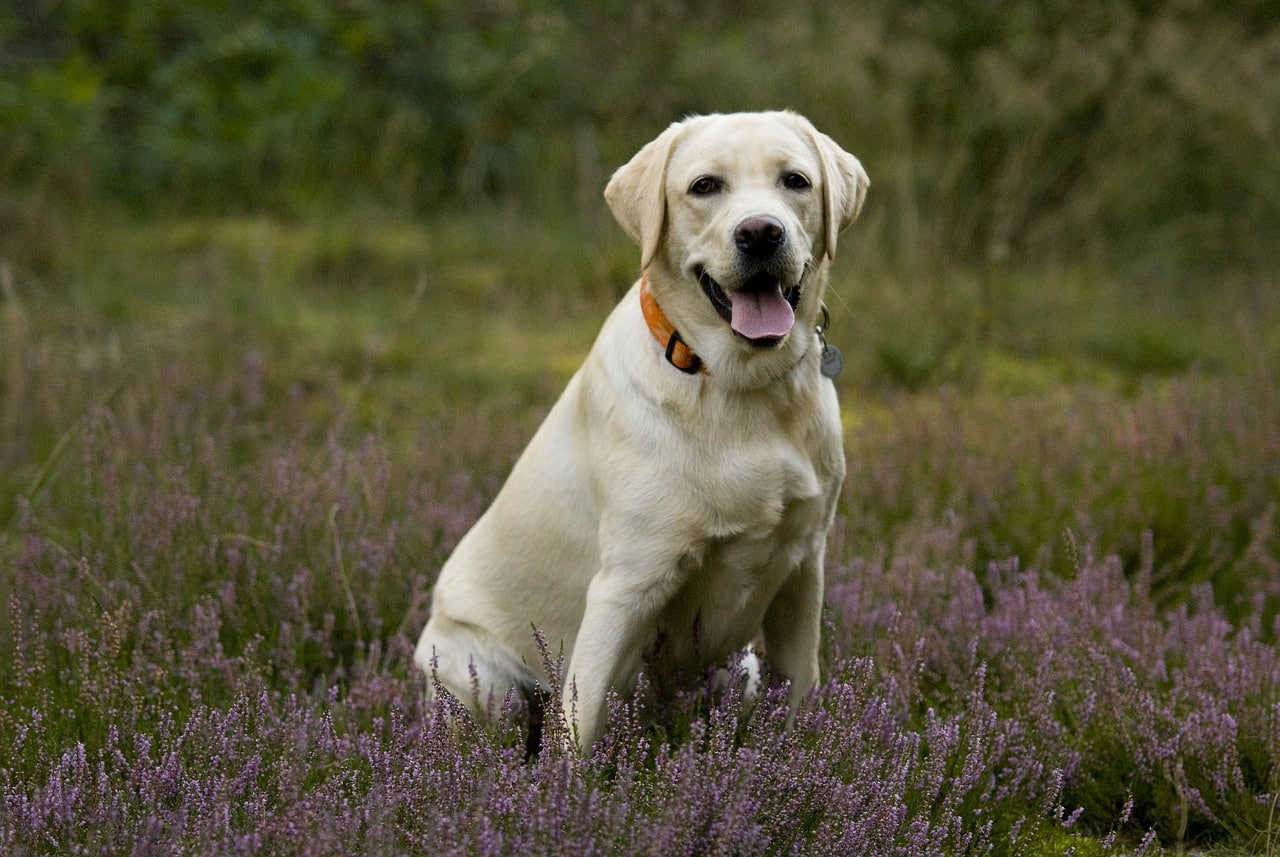 Shutterstock
Shutterstock
Labrador Retrievers are one of the most popular service dog breeds, known for their intelligence, friendly demeanor, and trainability. Their strong work ethic and eagerness to please make them ideal for a variety of roles, from mobility assistance to guide dog services for the visually impaired. Labs are also great for therapy work, as their calm and affectionate nature provides comfort to those with mental or emotional disabilities. Their natural athleticism allows them to perform tasks such as fetching items, opening doors, and even pulling wheelchairs.
Golden Retriever
 Shutterstock
Shutterstock
Golden Retrievers share many qualities with Labradors, making them another excellent choice for service work. With their friendly nature and intelligence, they excel in roles that require patience and gentleness, such as assisting children with autism or providing mobility support for people with physical disabilities. Their affectionate nature makes them well-suited for therapy work, where their comforting presence can help reduce anxiety and provide emotional support. Goldens are also known for their ability to learn complex tasks, such as guiding the visually impaired or detecting seizures before they happen.
German Shepherd
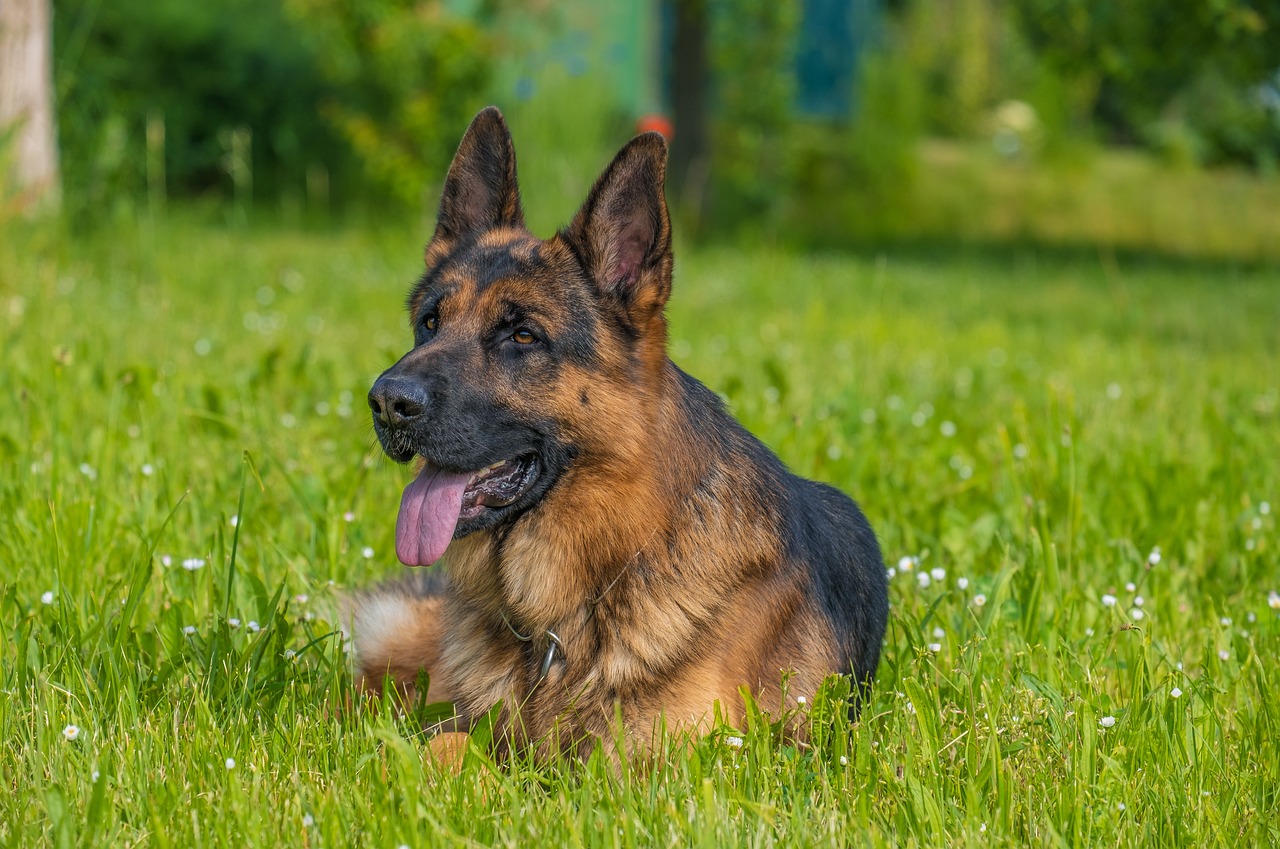 Shutterstock
Shutterstock
German Shepherds are known for their loyalty, intelligence, and versatility, making them great service dogs for those with physical or mental disabilities. Often used as guide dogs, mobility assistance dogs, or for medical alert work, German Shepherds are dependable and have a natural protective instinct. They are also excellent for individuals with post-traumatic stress disorder (PTSD) due to their ability to provide a sense of security and detect signs of stress. Their strong bond with their handler allows them to perform tasks with precision and reliability, offering invaluable assistance.
Poodle
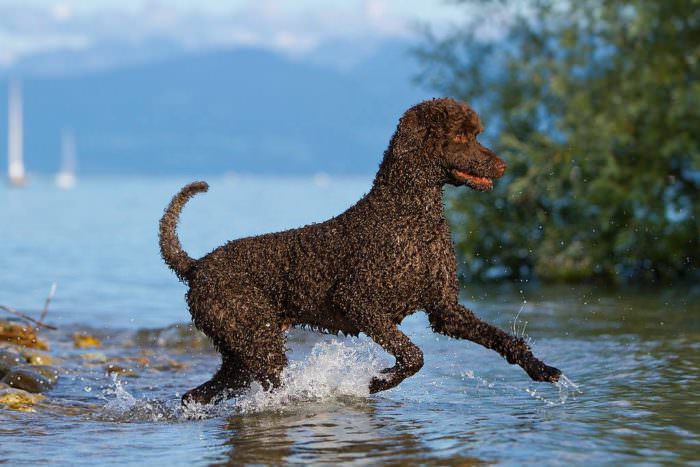 Shutterstock
Shutterstock
Poodles, particularly Standard Poodles, are highly intelligent and hypoallergenic, making them an excellent choice for individuals with allergies. Their intelligence allows them to learn a variety of tasks, from retrieving items and providing mobility assistance to alerting individuals with hearing impairments to important sounds. Poodles are also well-suited for emotional support roles, where their affectionate and sensitive nature can bring comfort to those experiencing anxiety, depression, or PTSD. Their hypoallergenic coat requires regular grooming, but for those who need a service dog that doesn’t shed much, Poodles are an ideal choice.
Collie
 Shutterstock
Shutterstock
Collies are known for their loyalty, intelligence, and herding instincts, which make them effective service dogs for various disabilities. Their natural ability to guide and protect makes them suitable for assisting individuals who are visually impaired or have mobility challenges. Collies are also highly sensitive to their handler’s emotions, making them excellent therapy dogs for individuals with autism or anxiety. Their gentle and affectionate nature, combined with a strong desire to work, allows them to provide both practical assistance and emotional comfort.
Boxer
 Shutterstock
Shutterstock
Boxers may not be the first breed that comes to mind when thinking of service dogs, but they have qualities that make them ideal for certain roles. Known for their playful nature and loyalty, Boxers can be excellent mobility assistance dogs due to their strength and trainability. They are also used as medical alert dogs, capable of detecting changes in blood sugar levels for individuals with diabetes or sensing seizures before they happen. Their friendly disposition and energetic nature also make them great companions for individuals who need an active dog that can perform tasks while providing companionship.
Cavalier King Charles Spaniel
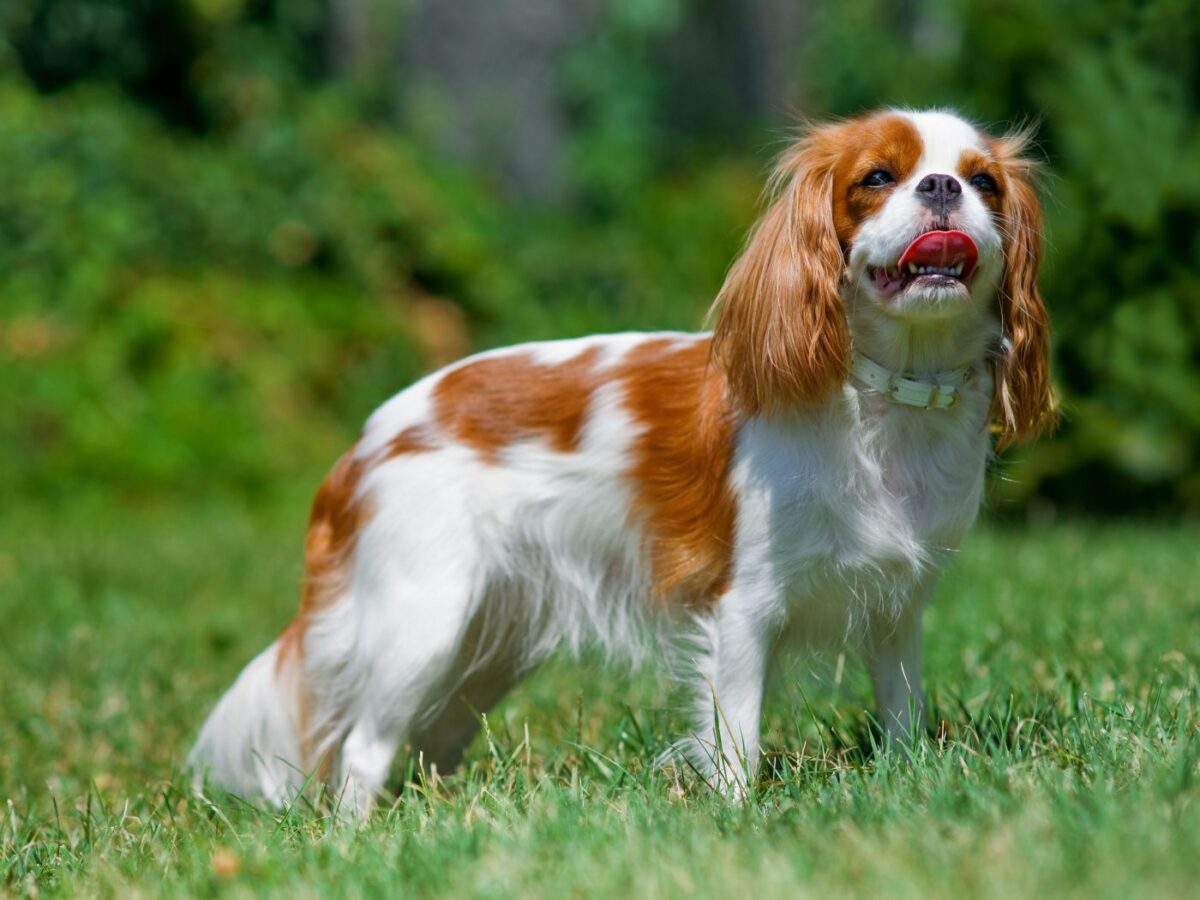 Shutterstock
Shutterstock
Cavalier King Charles Spaniels are small, affectionate dogs with a calm and friendly demeanor, making them ideal for therapy work and emotional support roles. Their smaller size allows them to provide comfort without overwhelming their handler, which can be particularly beneficial for individuals with anxiety, depression, or PTSD. Cavaliers are also known for their sensitivity to their handler’s emotions, allowing them to offer comfort during stressful situations. While they may not be suited for tasks that require heavy lifting or intense physical work, they excel in offering companionship and emotional relief.
Great Dane
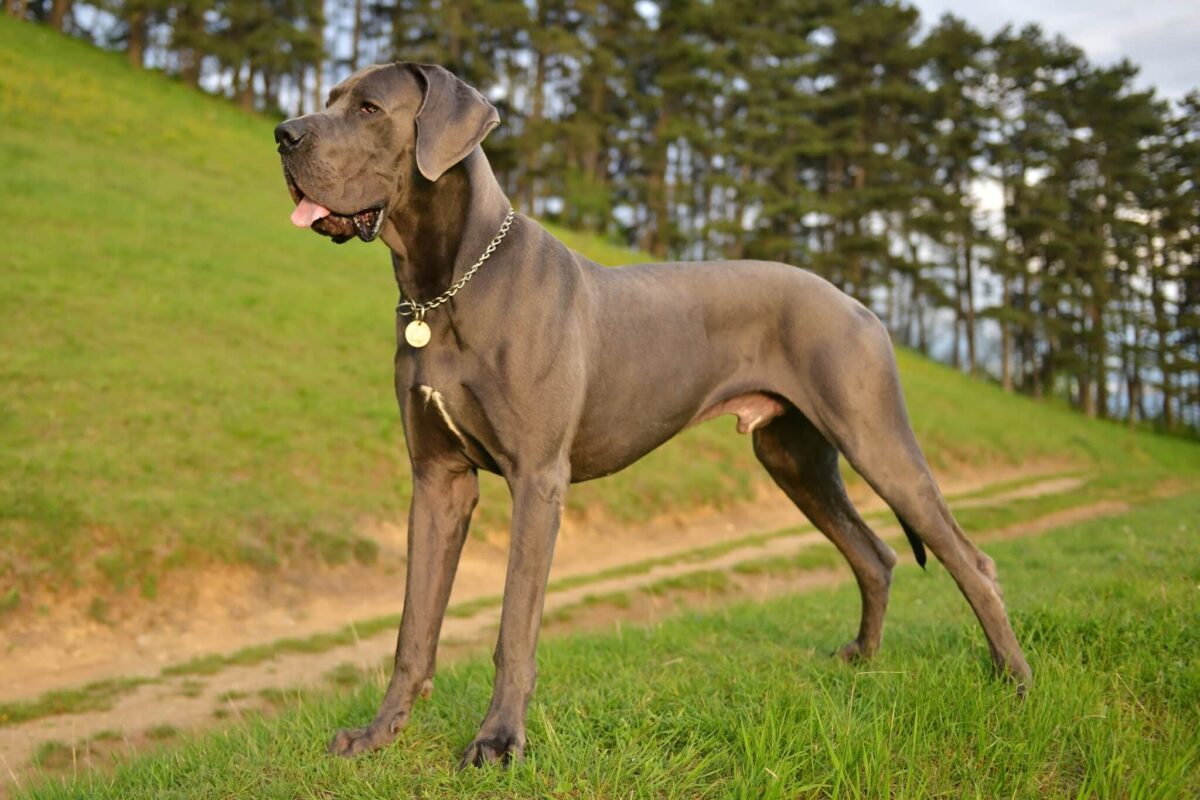 Shutterstock
Shutterstock
Great Danes may be large, but their gentle nature and loyalty make them excellent service dogs for mobility assistance. Their size allows them to provide support for individuals who need help with balance or walking, and they can also be trained to retrieve items and perform other helpful tasks. Despite their imposing appearance, Great Danes are known for their friendly and affectionate disposition, making them great companions for individuals who may need both physical and emotional support. Their calm nature also makes them suitable for therapy work, where their comforting presence can provide reassurance.
Border Collie
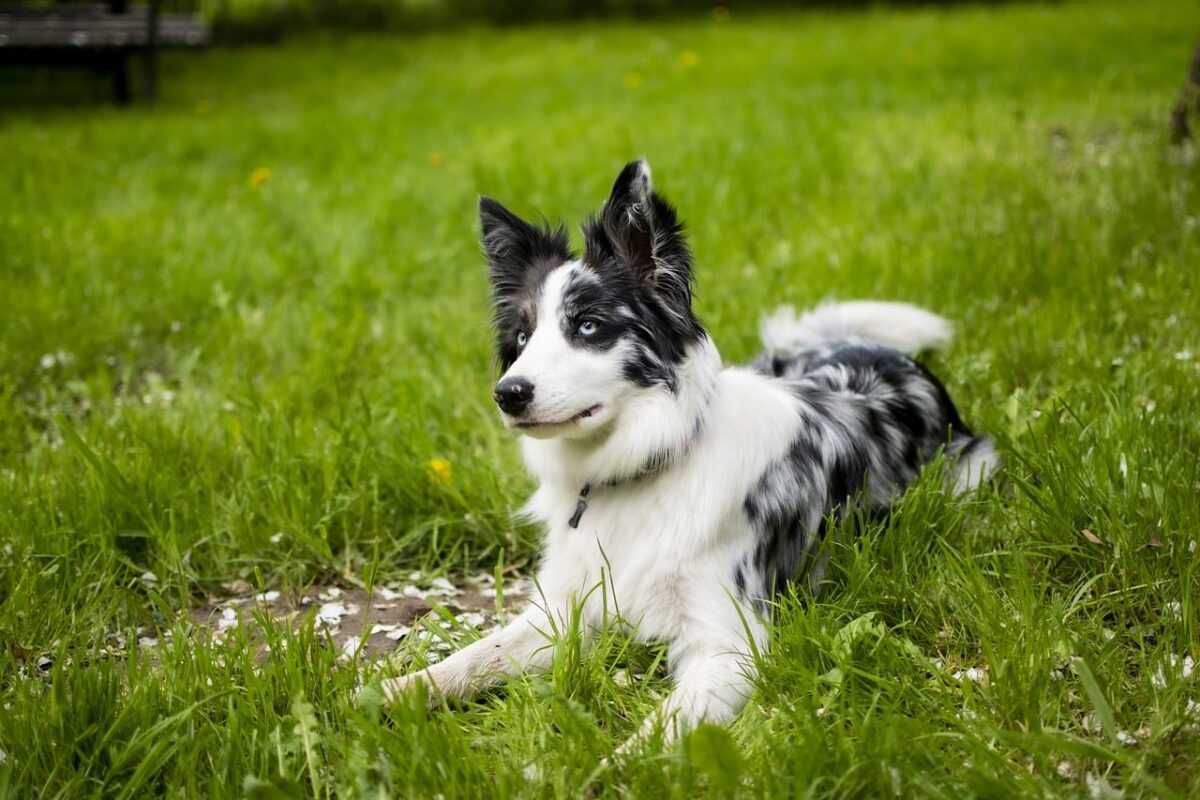 Shutterstock
Shutterstock
Border Collies are among the smartest dog breeds, known for their ability to learn complex tasks quickly. Their intelligence and eagerness to work make them suitable for a variety of service roles, including medical alert dogs, mobility assistance dogs, and guide dogs for the visually impaired. They are also great for individuals with autism, as they can help with calming behaviors and provide a sense of routine. However, Border Collies require plenty of exercise and mental stimulation, making them ideal for handlers who can provide an active lifestyle.
Bernese Mountain Dog
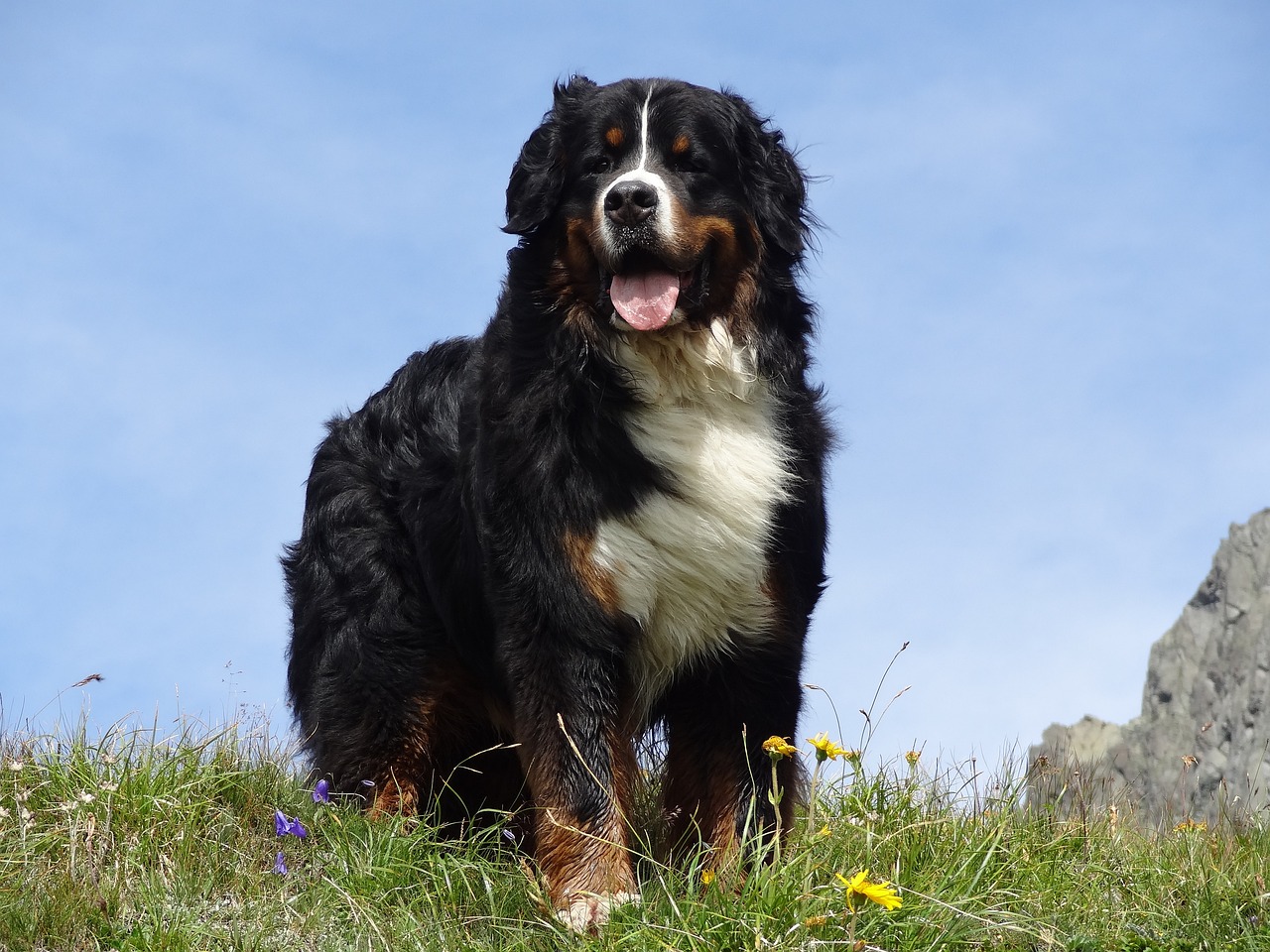 Shutterstock
Shutterstock
Bernese Mountain Dogs are large, gentle giants known for their strength, loyalty, and calm temperament. Their size and physical capabilities make them suitable for mobility assistance roles, where they can help with tasks such as pulling wheelchairs or providing balance support. Berners are also known for their friendly and affectionate nature, which can be comforting for individuals with anxiety or other mental health conditions. While their thick coat requires regular grooming, their calm and steady demeanor makes them a wonderful choice for individuals who need both physical assistance and emotional comfort.
Staffordshire Bull Terrier
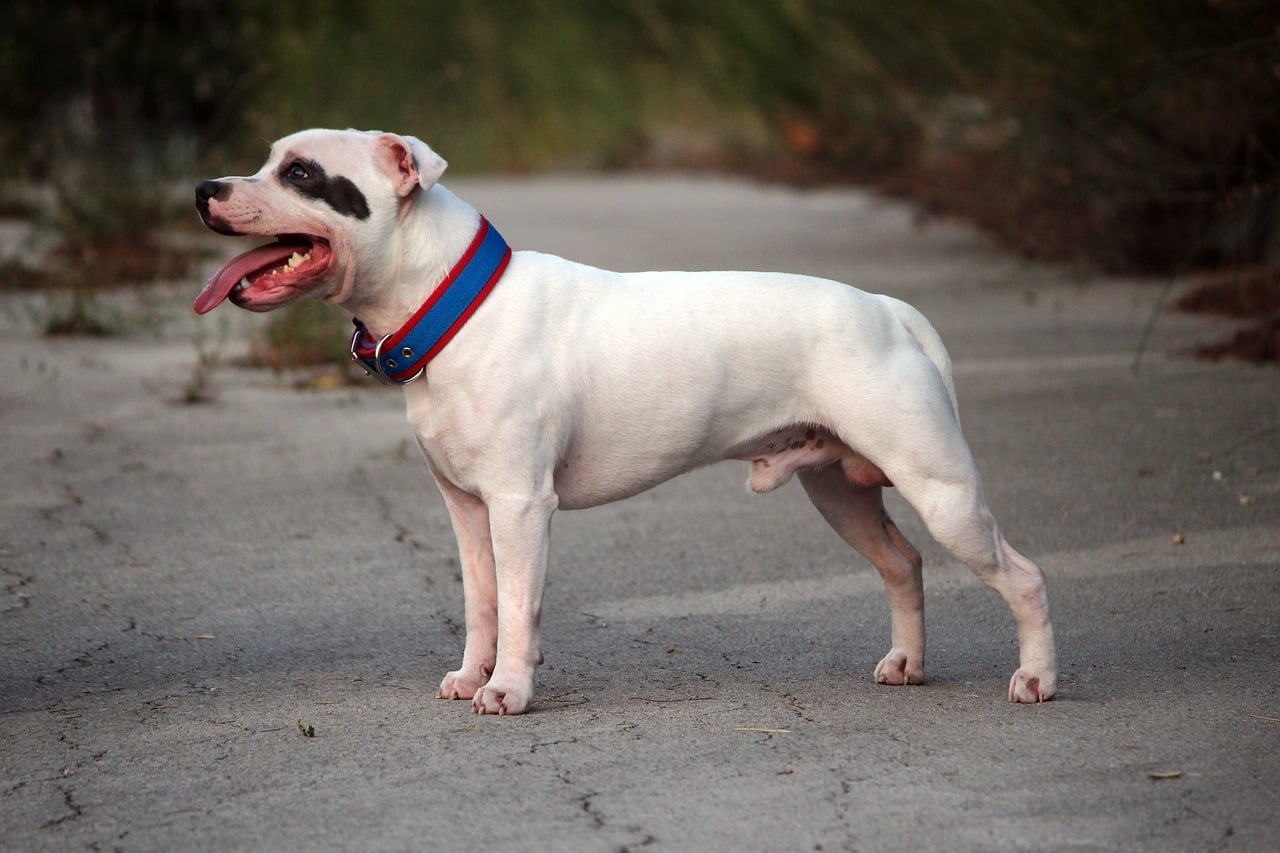 Shutterstock
Shutterstock
Staffordshire Bull Terriers may be small and muscular, but their friendly and affectionate nature makes them ideal companions for those needing emotional support. Staffies are known for their strong bonds with their owners and can provide a sense of security and comfort to those with PTSD, anxiety, or depression. While they may not be suited for roles requiring intense physical tasks, their loyalty, and sensitivity to their handler’s emotions make them well-suited for therapy work. Their playful disposition and love for human interaction can help uplift their handler’s spirits.
Newfoundland
 Shutterstock
Shutterstock
Newfoundlands are large, gentle dogs with a natural instinct for rescue and water-related tasks. Their size and strength make them suitable for mobility assistance, and their gentle nature allows them to work well with children or individuals with special needs. Newfies are also known for their patience and calm temperament, making them great for therapy work or as emotional support dogs. Although they require regular grooming due to their thick coats, the Newfoundland’s loving and reliable nature makes them a fantastic choice for anyone needing a service dog with a little extra fluff.
Corgi
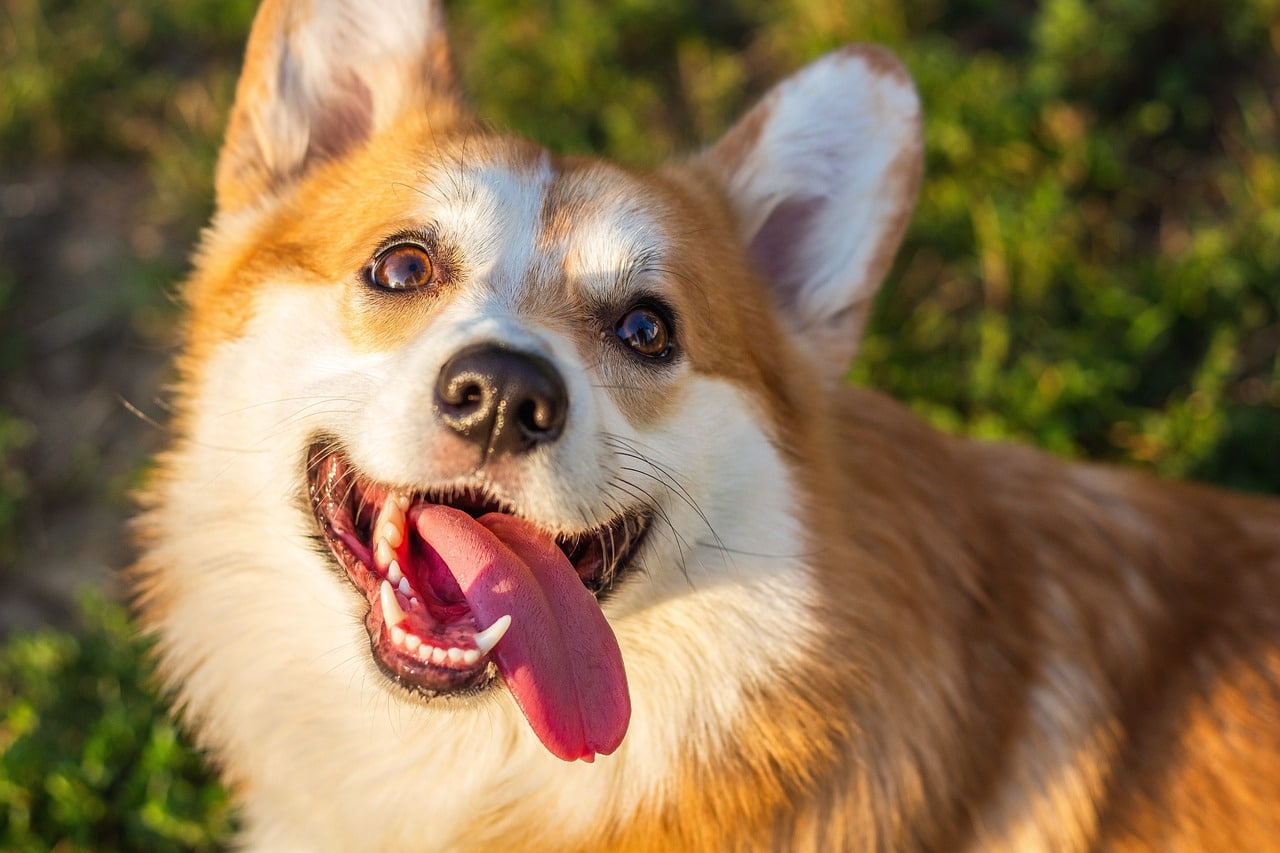 Shutterstock
Shutterstock
Both Pembroke and Cardigan Welsh Corgis are intelligent, energetic, and sturdy little dogs that can perform various service tasks. While they may be small, Corgis have a strong work ethic and can be trained for roles such as hearing assistance or even mobility support for smaller individuals. They are also great emotional support dogs due to their affectionate and playful nature. Corgis’ herding instincts make them alert and responsive, which is beneficial for individuals who need a dog that can perform tasks while also providing companionship.
The Tail End Of A Heartwarming Tale
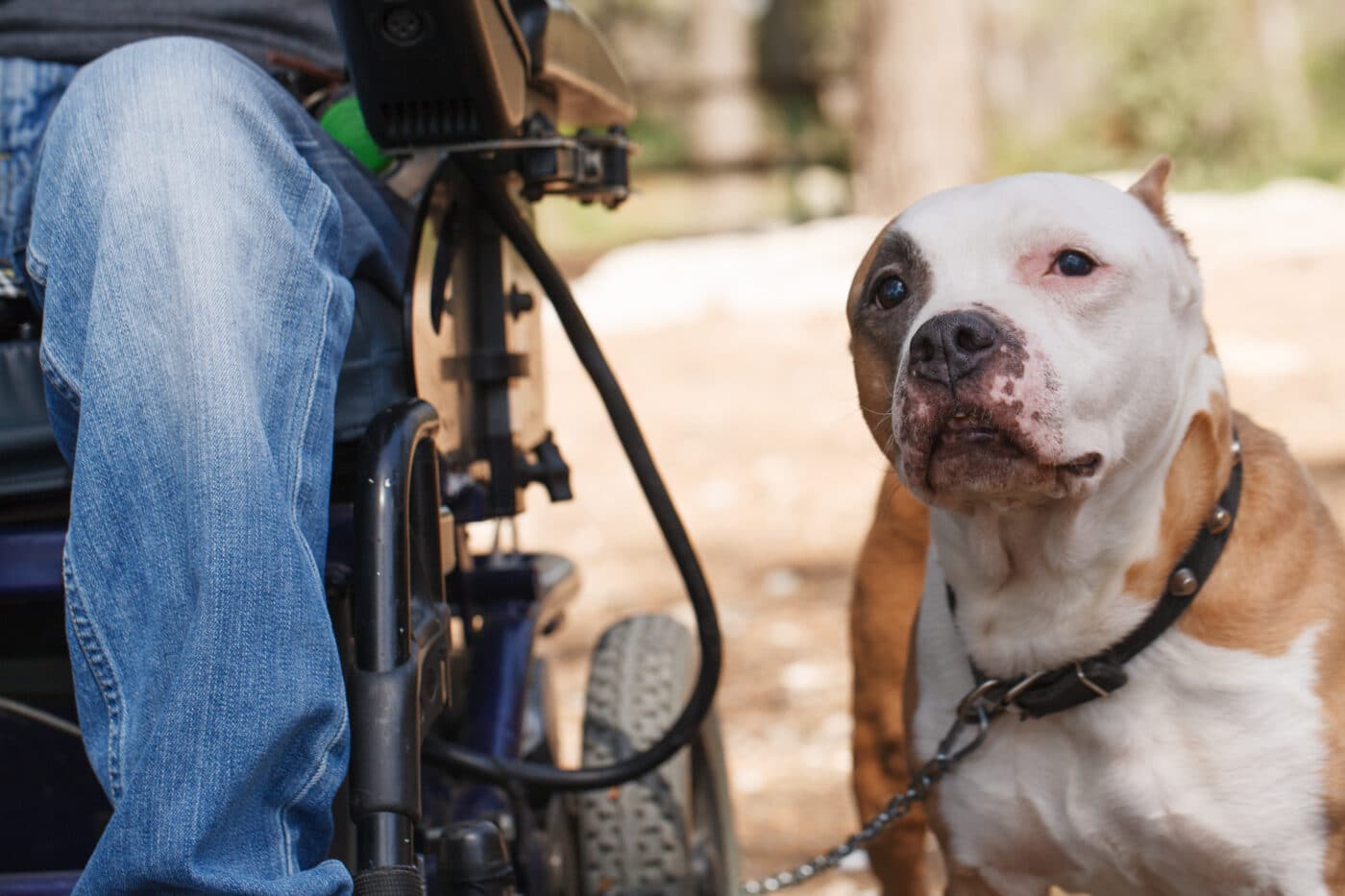 Shutterstock
Shutterstock
From big, fluffy giants to small but mighty companions, these breeds offer unique qualities that make them perfect for differently-abled individuals. Whether it’s pulling a wheelchair, detecting an oncoming seizure, or just providing a fluffy shoulder to cry on, these dogs go above and beyond to change lives for the better. So, the next time you see one of these pups on the job, give them a mental “paws-up” because these dogs are not just adorable—they’re life-changing superheroes in fur coats!
 Toledo, United States.
Toledo, United States.
